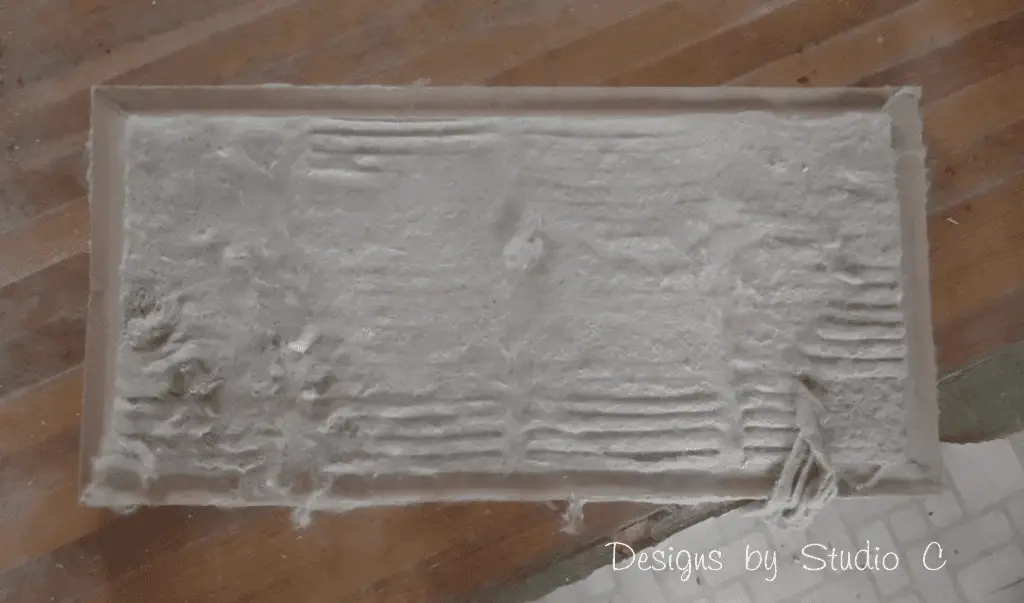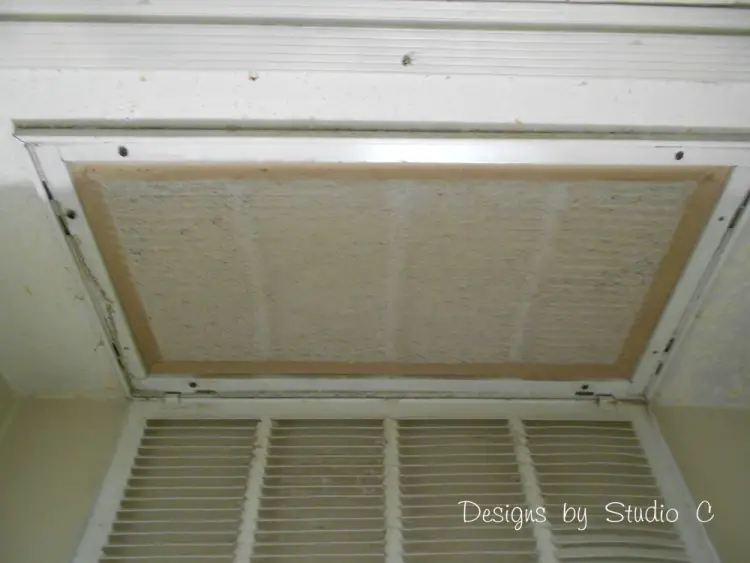Change the Filter in Your Furnace System
Why Regularly Changing Your Furnace System Filter is Essential for Optimal Performance
Are you aware that regularly changing your furnace system filter is crucial for maintaining optimal performance? Many homeowners overlook this simple yet essential task, which can lead to a wide range of problems down the line. A clean and properly functioning filter not only ensures that your furnace operates efficiently, but it also helps to improve indoor air quality and extend the lifespan of your system. In this article, we will delve into the importance of regularly changing your furnace system filter and the benefits it brings. From increased energy efficiency and reduced utility bills to improved air circulation and minimized dust and allergens, the advantages are undeniable. So, if you want to keep your furnace running smoothly and your home comfortable all year round, read on to discover why changing your furnace system filter should be at the top of your maintenance checklist.
How Furnace System Filters Work
Before we dive into the importance of regularly changing your furnace system filter, it’s essential to understand how these filters work. Furnace system filters are designed to trap and remove dust, debris, and other airborne particles from the air that circulates through your heating and cooling system. They are typically made of fiberglass, pleated paper, or other synthetic materials that are capable of capturing these particles and preventing them from entering the system.
When the air from your home passes through the filter, the particles get trapped, allowing only clean air to flow into the system. This process not only helps to maintain a comfortable indoor environment but also protects the internal components of your furnace from damage caused by dirt and debris.

Importance of Regularly Changing Furnace System Filters
Regularly changing your furnace system filter is vital for several reasons. Firstly, a clean filter ensures that your furnace operates at its peak efficiency. When the filter becomes clogged with dirt and debris, it restricts the airflow, forcing your furnace to work harder to maintain the desired temperature. This increased workload not only puts a strain on the system but also leads to higher energy consumption and increased utility bills.
Secondly, a clean filter improves indoor air quality. As the air circulates through the filter, it captures dust, pet dander, pollen, and other allergens, preventing them from recirculating in your home. This is especially important for individuals with allergies or respiratory conditions, as it helps to reduce the risk of symptoms and improve overall comfort.
Lastly, regularly changing your furnace system filter can significantly extend the lifespan of your system. A clogged filter not only hampers the performance of your furnace but also causes unnecessary wear and tear on the internal components. By ensuring that your filter is clean and free from debris, you can help to prevent costly repairs and premature system failure.
Signs That Indicate It’s Time to Change the Filter
Knowing when to change your furnace system filter is essential to maintain optimal performance. While the frequency of filter changes depends on various factors such as the type of filter, the number of occupants in your home, and the presence of pets, there are certain signs that indicate it’s time for a replacement.
The first sign to look out for is reduced airflow. If you notice weak or inconsistent airflow from your vents, it could be an indication that your filter is clogged and impeding the airflow. Another sign is increased dust accumulation in your home. If you find that you need to dust more frequently or that there’s a visible layer of dust on surfaces, it’s likely that your filter is no longer effectively capturing airborne particles.
Unusual odors or musty smells can also be a sign that your filter needs changing. As the filter becomes clogged, it can lead to the growth of mold and bacteria, resulting in unpleasant odors. Additionally, if you or your family members are experiencing more frequent allergies or respiratory symptoms, it could be a sign that your filter is no longer effectively filtering out allergens.

Benefits of Regularly Changing Furnace System Filters
Regularly changing your furnace system filter offers numerous benefits for both your home and your heating system. Let’s take a closer look at some of the advantages:
- Increased Energy Efficiency: One of the primary benefits of regularly changing your furnace system filter is increased energy efficiency. When the filter is clean, air can easily flow through the system, allowing your furnace to operate at its optimum level. On the other hand, a clogged filter restricts airflow, forcing your furnace to work harder and consume more energy. By simply replacing the filter on a regular basis, you can significantly reduce energy consumption and lower your utility bills.
- Improved Air Circulation: A clean filter promotes improved air circulation throughout your home. With a clean filter in place, air can flow freely through the system, ensuring that every room in your house receives the necessary heating or cooling. This not only enhances the comfort of your living spaces but also helps to eliminate hot or cold spots that may be present when the airflow is restricted.
- Minimized Dust and Allergens: A clean filter plays a crucial role in improving indoor air quality by capturing and trapping dust, pet dander, pollen, and other allergens. By regularly changing your filter, you can minimize the presence of these particles in your home, reducing the risk of allergies and respiratory symptoms. This is particularly important for individuals who suffer from allergies or asthma, as clean air can significantly improve their quality of life.
- Extended System Lifespan: Changing your furnace system filter on a regular basis can help to extend the lifespan of your heating system. A clogged filter forces your furnace to work harder, which puts unnecessary strain on the internal components. Over time, this increased workload can lead to premature system failure and costly repairs. By maintaining a clean filter, you can prevent these issues and ensure that your heating system operates efficiently for years to come.
How Often Should You Change Your Furnace System Filter?
The frequency at which you should change your furnace system filter depends on various factors such as the type of filter, the number of occupants in your home, and the presence of pets. As a general guideline, it’s recommended to change your filter every 30-90 days. However, it’s essential to check the manufacturer’s recommendations for your specific filter as they may have specific guidelines.
If you have pets or if someone in your home suffers from allergies or respiratory conditions, you may need to change your filter more frequently. Pet hair and dander can quickly clog the filter, while individuals with allergies or asthma may benefit from more frequent filter changes to maintain optimal indoor air quality.
Steps to Change Your Furnace System Filter
Changing your furnace system filter is a relatively simple task that can be done by following a few easy steps. Here’s a step-by-step guide to help you:
- Turn Off Your Furnace: Before you begin, make sure to turn off your furnace to prevent any accidental injury.
- Locate Your Filter: The filter is typically located near the blower motor or in the return air duct. Refer to your furnace system manual or consult a professional if you’re unsure of its location.
- Remove Old Filter: Carefully remove the old filter by sliding it out of the filter slot. Take note of the direction in which the filter is installed.
- Clean the Filter Spot: Use a damp cloth or vacuum cleaner to remove any dust or debris from the filter slot. This will ensure that the new filter is properly seated.
- Install the New Filter: Insert the new filter into the filter slot, making sure to align it with the arrow or airflow direction indicated on the filter. Ensure that the filter fits snugly in the slot.
- Turn on Your Furnace: After installing the new filter, turn your furnace back on and enjoy the benefits of improved air quality and optimal system performance.
Common Mistakes to Avoid When Changing Furnace System Filters
While changing your furnace system filter is a relatively simple task, there are a few common mistakes that homeowners often make. By avoiding these mistakes, you can ensure that your filter replacement is done correctly and effectively. Here are some common mistakes to avoid:
- Forgetting to Turn Off the Furnace: It’s crucial to turn off your furnace before attempting to change the filter. This prevents any potential accidents or injuries.
- Using the Wrong Size or Type of Filter: Using the wrong size or type of filter can compromise the performance of your furnace system. Make sure to check the specifications of your filter and purchase the correct size and type for your system.
- Installing the Filter Upside Down: Most filters have an arrow or airflow direction indicator. Ensure that you install the filter in the correct orientation to allow for proper airflow.
- Neglecting Regular Filter Changes: Regularly changing your furnace system filter is essential for optimal performance. Neglecting this task can lead to reduced efficiency, increased energy consumption, and decreased indoor air quality.
- Ignoring Professional Maintenance: While changing your furnace system filter is an important part of maintenance, it’s also essential to schedule regular professional maintenance. A professional technician can inspect your system, identify any potential issues, and ensure that your furnace is running at its best.
Conclusion: The Key to Optimal Furnace System Performance
Regularly changing your furnace system filter is a simple yet essential maintenance task that can significantly impact the performance, efficiency, and lifespan of your system. By ensuring that your filter is clean and free from debris, you can enjoy increased energy efficiency, improved air circulation, and minimized dust and allergens in your home. Remember to check your filter regularly for signs of clogging and replace it according to the manufacturer’s recommendations. By making filter changes a priority, you can keep your furnace running smoothly and your home comfortable all year round. So, don’t overlook this important task and make changing your furnace system filter a top priority on your maintenance checklist. Your furnace and your indoor air quality will thank you!

Great reminder Cher. I have met people, however, that don’t even know the system has a filter!
I know what you mean… I’ve seen filters that make me wonder how the furnace system is still running!
[…] addition to having a professional technician inspect your air conditioner, it is important to regularly check your air filters. This simple maintenance task can have a significant impact on the performance and efficiency of […]